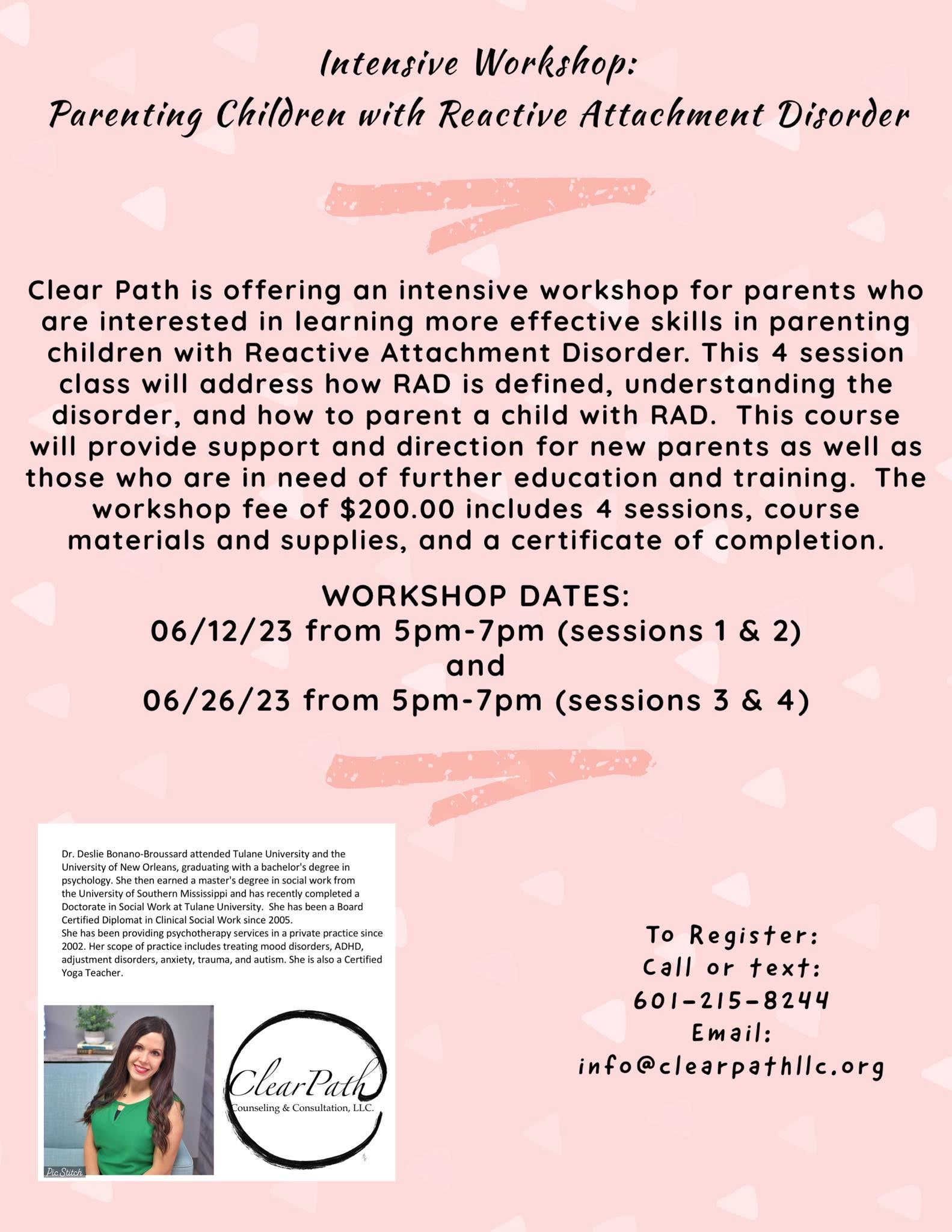How high school graduates can make a smooth transition into college
Published 7:00 am Saturday, April 22, 2017

- Picayune Memorial High School students work diligently in class to prepare for a higher education. Photo by Taylor Welsh
As graduation caps are flung in the air and diplomas are firmly grasped during the commencement ceremony, many teenagers begin looking ahead to make the transition into college.
From choosing dorm room essentials to frantically trying to find the resource centers throughout campus, the transition from high school to college can be difficult, but with the proper preparation college freshman can find their newfound independence and make the most of their journey for a higher education.
Linda Moore, director of the Mississippi State University academic advising center, said the biggest hurdle students face when starting college is budgeting their time.
“Time management is something I see a majority of freshmen struggle with,” Moore said. “I know it sounds cliché, but I always advise my students to get a planner and use it heavily. It makes a world of a difference and is proven to correlate with higher grades.”
Also, Moore said students should schedule study time in between classes and set aside time for social activities while registering for classes.
“Having a healthy balance between your social life and academics is crucial in college, but is one of the most difficult aspects of college to adjust to,” she said.
Moore recommends students monitor that balance to ensure one aspect of their life does not compromise the other.
Above all, Kalie Kirkland, University of Mississippi admission counselor for the west side of the Gulf Coast and New Orleans metro area, said in order to acclimate with their surroundings, students must attend class, and not just to pass.
Going to class can open doors four or five years down the road, Kirkland said. Although it might be a slow day, Kirkland said going to the first day of class on syllabus day is critical to getting to know the professors and interacting with fellow classmates.
“In the first couple of weeks of college, you want to form study groups and meet other people at the institute. A great and easy way to do that is in class,” Kirkland said.
Another way to adjust to college is to become familiar with the campus and its surroundings.
“When kids are in high school, they are already used to their surroundings. They know their role in their home with their parents and know all their teachers and friends. But once they make the leap to college, all of that changes,” Moore said.
Students typically do not research where the institute’s resource centers are until they need them, Moore said, but being proactive and walking around campus to find these centers can go a long way in becoming comfortable at campus.
Finally, Kirkland said there is a lot to experience in college, but students do not have to experience everything right away.
“You have plenty of time to experience everything the university has to offer. Get familiar with the resources available to you in your first semester, and then branch out from there. It will be a better ride than overwhelming yourself with everything, only to leave little to experience down the road,” Kirkland said.
Both Moore and Kirkland agree that setting goals, building relationships and not doing things just to add to a resume or because others are doing it will help students get the most out of college.



